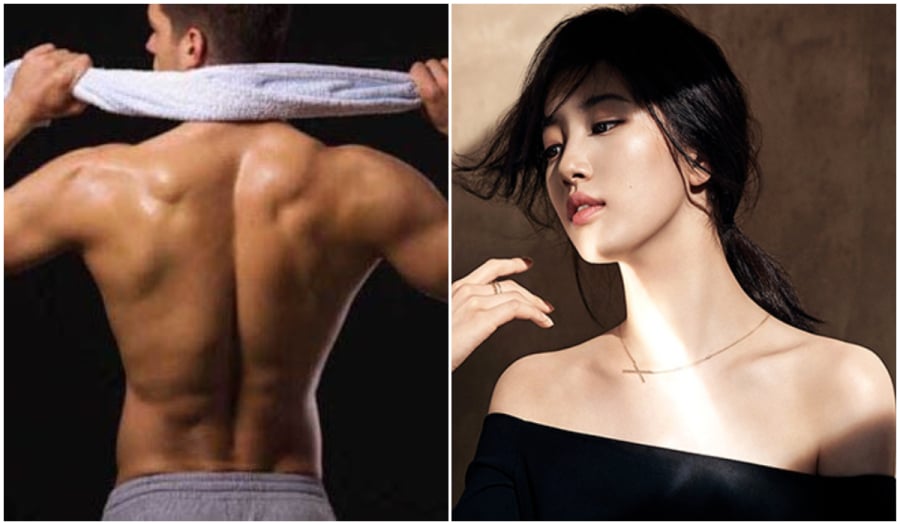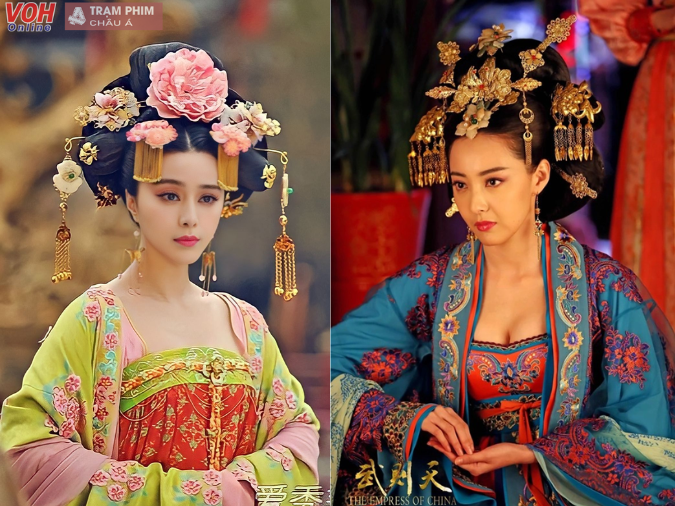In Vietnamese folk culture, feng shui and physiognomy have long played a significant role in assessing one’s destiny, character, and life path. One of the common sayings passed down through generations is, “A man with broad shoulders is as precious as gold, while a woman with broad shoulders has less fortune.” Let’s explore the origins and meanings behind this belief through the lens of feng shui and physiognomy.
Man with Broad Shoulders – As Precious as Gold
In physiognomy, broad shoulders on a man are considered a symbol of strength, stability, and the ability to shoulder responsibilities. Men with broad shoulders are believed to possess a “great wealth and honor” physique, implying the following:
Abundant Health and Energy: Broad shoulders signify a robust and well-proportioned body, befitting the primary breadwinner role in traditional families and societies. This indicates an individual capable of enduring hard work and withstanding challenges.
Capacity to Shoulder Burdens: Broad shoulders represent the ability to take on significant responsibilities, from providing for the family to building a successful career. A man with broad shoulders is seen as a sturdy pillar, capable of sheltering and protecting his loved ones.

Feng Shui and Yang Energy: According to feng shui, broad shoulders in men accumulate powerful yang energy, attracting wealth and luck. Broad shoulders are also associated with mountain-like stability and longevity.
Thus, the saying, “as precious as gold,” not only exalted physical attributes but also emphasized the spiritual qualities and auspicious destiny of a man with broad shoulders.
Woman with Broad Shoulders – Less Fortune?
In contrast, folk beliefs often associate women with broad shoulders with having “less fortune.” This perception stems from cultural, social, and physiognomy factors of the past:
Contrasting Beauty Standards: In feudal societies, the ideal woman was portrayed as having a soft, graceful figure with sloping shoulders, embodying gentleness and femininity. Broad shoulders on women were considered unrefined and lacking the sophistication valued during those times.
Gender Role Expectations: Broad shoulders on women were sometimes linked to a strong or overly independent personality, which was believed to conflict with the expected virtues of “feminine virtues.” There was a concern that women with broad shoulders might overshadow their husbands, creating disharmony in the family.

Feng Shui and Yin-Yang Balance: In feng shui, women embody yin energy and require softness to balance the yang energy of men. Broad shoulders on women were thought to disrupt this yin-yang harmony, leading to a less fortunate destiny or challenges in marital life. However, it’s essential to recognize that these beliefs were largely influenced by the gender biases prevalent in feudal societies. Today, many people argue that broad shoulders on women aren’t necessarily a negative sign but can signify confidence, strength, and independence.
Modern Perspective on This Belief
In modern society, interpretations of physiognomy should be approached with flexibility and openness. Broad shoulders on women are no longer seen as a negative trait but can symbolize health, confidence, and leadership potential. Numerous women with broad shoulders excel in their careers and lead fulfilling family lives.
Disclaimer: This information is for reference only.
































